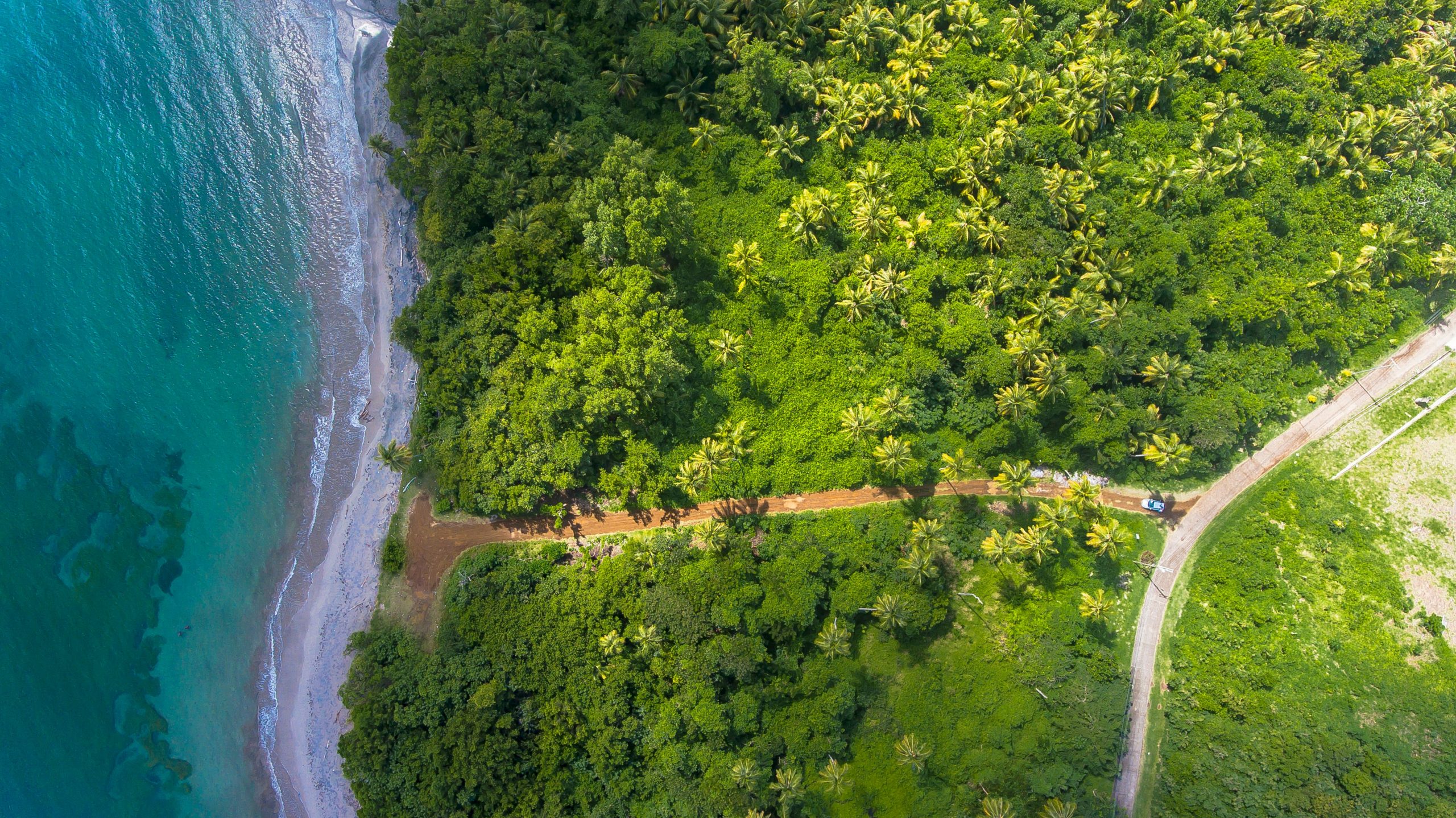The Forest Is Female: Women Leading Reforestation and Eco-Activism Across Africa
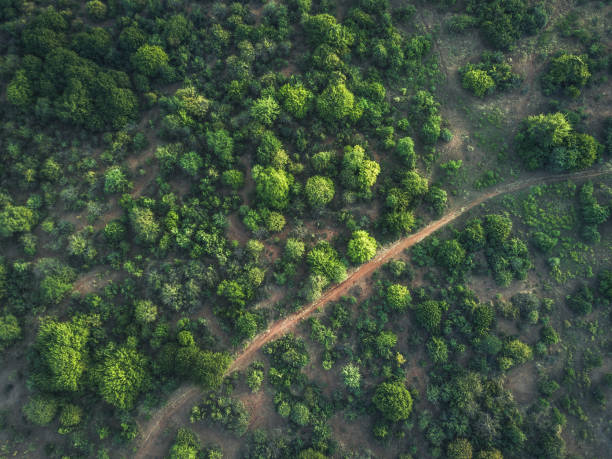
Seeds of Change
In Africa, women have always been close to the land. They farm, gather, and look after the forests that hold their communities together. Lately, though, you see something different happening. Women aren’t just tending the land, they’re leading. From Kenya’s lush highlands to the dusty stretches of the Sahel, women are out front, driving reforestation and climate projects that are quietly shaping Africa’s environmental future.
This isn't some kind of new phenomenon. Some people refer to it as "the feminization of green activism," but it is truly a movement with deep roots. Think of Wangari Maathai, the Kenyan activist who kicked off the Green Belt Movement back in the '70s. She got thousands of rural women planting trees, more than 50 million, in fact. For her, environmental action and women’s rights went hand in hand. She showed the world that sustainability and empowerment grow from the same place.
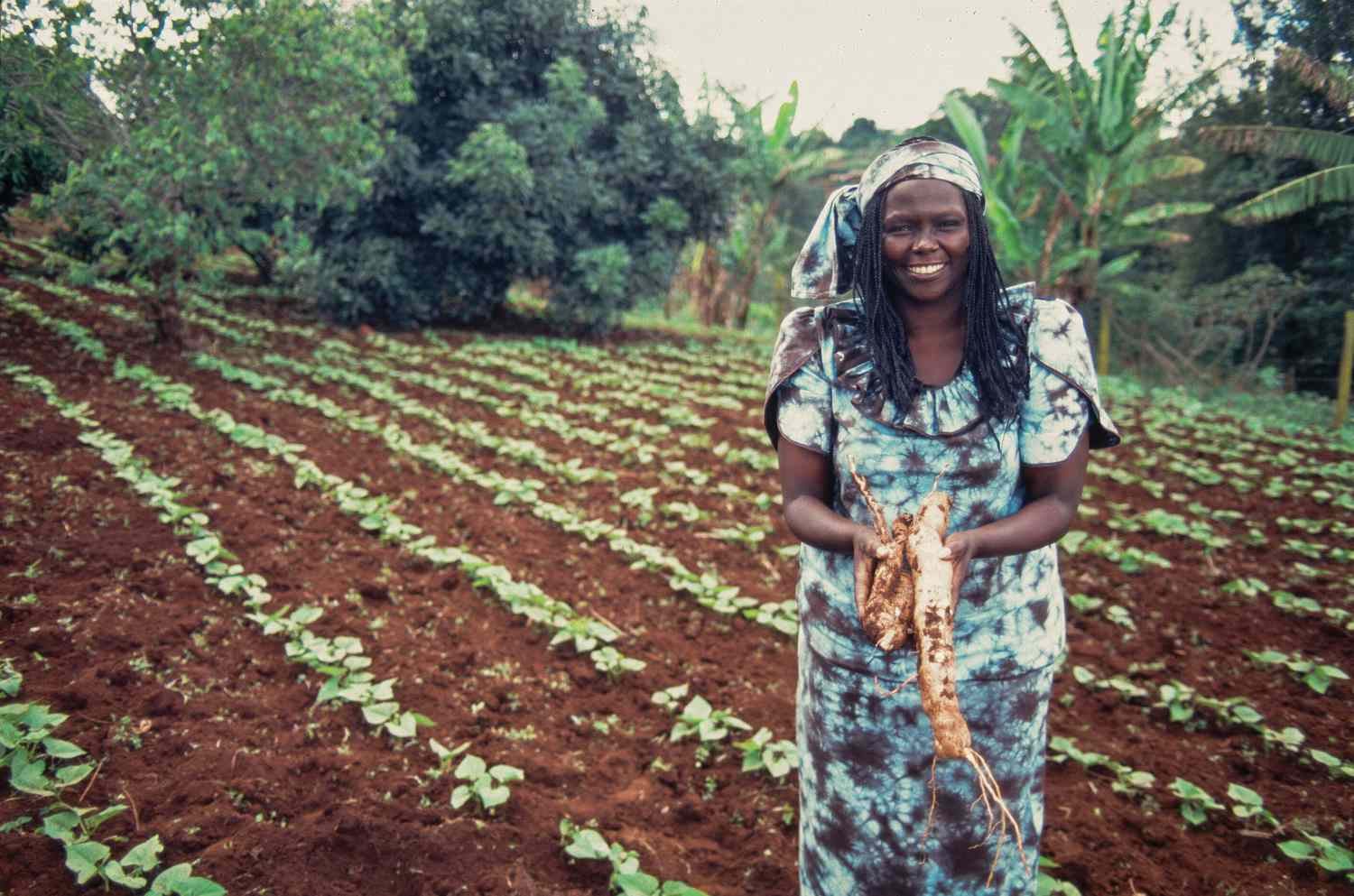
Decades later, Maathai’s legacy is still alive, and spreading. All across Africa, women aren’t waiting around for government plans. They’re taking back worn-out land themselves. In northern Ghana, “Women in Shea” cooperatives are bringing back native trees to protect the shea harvest from climate shocks. Down in Senegal’s Casamance region, women are replanting mangroves to shield the coast and help fish return. Over in Tigray, Ethiopia, women’s groups are planting acacia and eucalyptus to heal soils battered by years of drought and war.
But it’s not just about trees. These women are flipping the script on how climate action works. Forget big budgets and fancy tech, they’re using local seeds, old-school knowledge, and sheer community effort. They're building a completely different type of environmental leadership based on care, cooperation, and shared responsibility, not just money or outside control.
There is more at play here than planting forests. When men leave for cities or mines, women are left to manage the land at home. Reforestation thus becomes more about survival, independence, and carving out new roles for women in postcolonial Africa.
Of course, it is not all smooth going. Land ownership is still a big hurdle, with inheritance rules often shutting women out. Without secure rights, the forests they revive can slip away. And even while climate finance is growing, very little of that money ever trickles down to the grassroots. Yet, despite all that, these women-led movements keep on growing, rooted in the ground and in the communities that depend on them.
From Grassroots to Global
What makes the women-led reforestation movement in Africa singular is how deeply it's rooted in local communities. None of these projects begin with big international funding or outside agendas; they grow organically, shaped by what people actually need and the landscape they know best.
Take Madagascar. There, a group called “Les Mamans de la Forêt” runs nurseries and teaches kids to care for native trees like baobab and ravinala. Over in Uganda, the “Tree Adoption Uganda” network helps young women plant trees, not just to fight city pollution, but to create green jobs, too. In Nigeria’s Niger Delta, women who once protested oil spills now plant mangroves and push for ecological restoration as part of rebuilding peace.
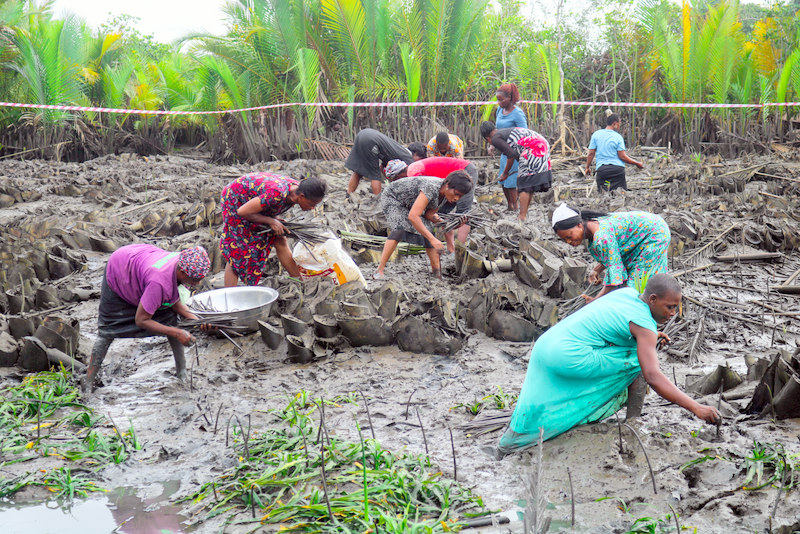
These women do far more than just plant trees. They mix environmental work with education and business. Some turn crop waste into eco-friendly charcoal. Others build small businesses around products like moringa oil or tamarind. The forest is at once a classroom and a marketplace, a place where there is no division between taking care of the environment and earning a living.
And it's not only about the trees. When women plant them, it means something bigger. It is about fostering life in places that have been hurt by pollution or neglect: a quiet form of resistance against those who destroy the land and silence local voices. The world has taken notice. More African women climate activists are invited to attend climate summits and COP meetings, where they insist on actual representation and advocate for funding that reaches the ground.
But there's a catch. Global organizations love to celebrate these stories, but sometimes that’s all they do. “Visibility without investment” doesn’t help in the long run, as grassroots leaders point out. Too often, climate funds get stuck in paperwork and never reach the villages where change actually happens.
Still, these women are changing what it means to lead on climate. Their activism isn’t about giving big speeches. It’s about the slow, steady work—planting, teaching, building. Or as one reforester in Ghana said, “We don’t march with placards. We march with seedlings.”
The Future of Green Feminism in Africa
Women are stepping into the spotlight of African environmentalism, and honestly, it’s changing the game. This rise isn’t just about activism or charity anymore; it’s about justice, legacy, and a taking back of what's always been theirs.
Look at countries like Rwanda and Tanzania. Governments there are starting to bring women’s environmental groups into big reforestation projects. Take Rwanda's Green Growth Strategy, for example. It is not just about planting trees but making sure women lead the way at the nurseries, care for the landscapes, and make the decisions. It's a slow shift, sure, but it's real. Women aren’t just “beneficiaries” now. They’re partners, shaping climate policy side by side with everyone else.
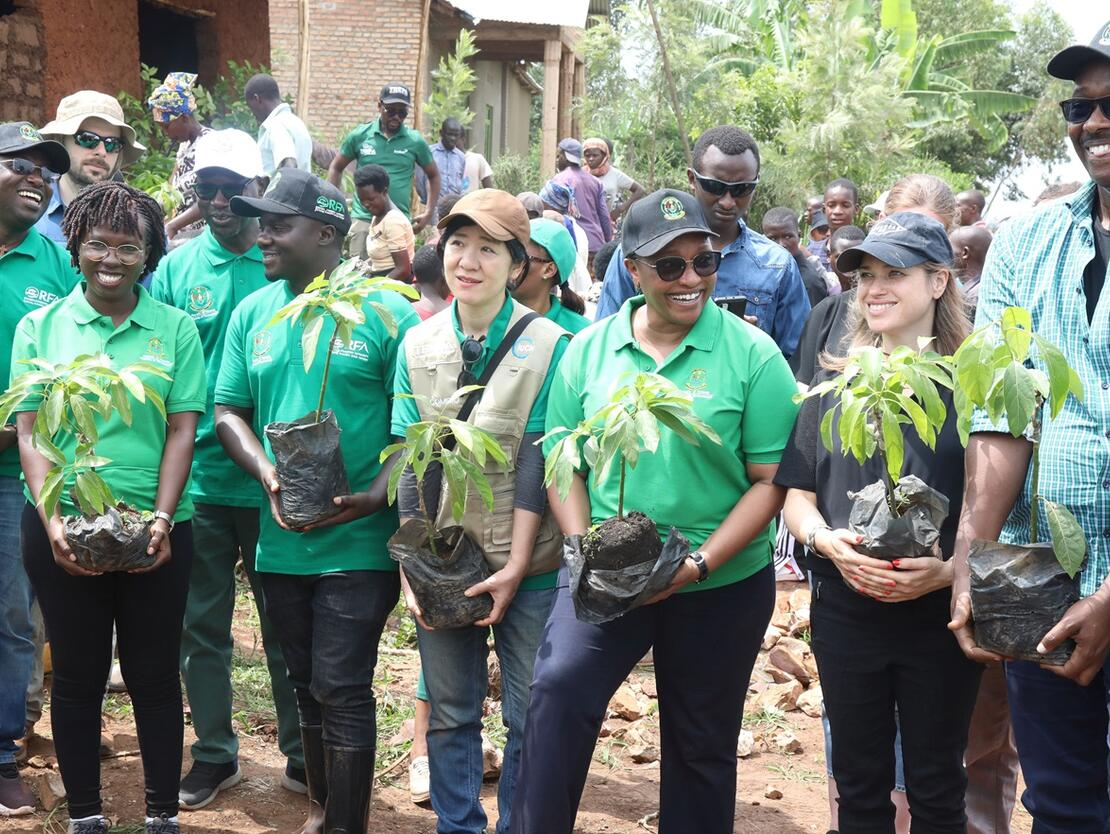
Tech and storytelling are pushing things even further. Social media gives young African women a voice, loud and clear, well beyond their hometowns: TikTok videos of girls planting mangroves in Gambia; Instagram feeds full of dryland restorations in Niger. These stories turn reforestation into something bigger, activism, yes, but also art and inspiration.
Still, there’s a catch. Real progress means tackling the old barriers. Too many women lack access to finance or training to expand their projects. Policies must transcend lip service; inviting women to the table is just not enough. They need land rights, real financing, and a voice in every decision that matters.
A new wave of African eco-leaders is already here. You’ll find them in labs, on farms, behind cameras, women who see forests as both inheritance and promise. They know you can’t build climate resilience without gender justice. Their work is a reminder: restoring Africa’s environment isn’t just about planting trees. It’s about planting dignity and giving people a voice that lasts.
With climate pressures mounting, Africa’s green future really does rest with its women — the ones carrying seeds, stories, and hope. If the forest is female, its roots are only getting deeper.
You may also like...
WNBA Crisis Deepens: Union Slams CBA Proposal, Citing Missed Key Demands and Player Discontent

The Women's National Basketball Players Association has rejected the WNBA's latest collective bargaining agreement propo...
Sadio Mane Breaks Silence: Explosive Details Revealed on Manchester United Snub for Liverpool Move
)
Sadio Mane has finally revealed the compelling reasons behind his 2016 decision to reject Manchester United for Liverpoo...
Emergency Landing! George Clooney's Iconic 'ER' Reunion on 'The Pitt' Confirmed by HBO!

George Clooney may reunite with Noah Wyle on HBO's hit medical drama "The Pitt," with HBO confirming an open door for th...
HBO Boss Reveals New Harry Potter Series Won't Make Fans' Worst Fears Come True!

HBO is actively working to minimize production gaps between seasons of its upcoming Harry Potter series, addressing fan ...
K-Pop Sensation YEONJUN's 'NO LABELS' Storms to Top Album Sales Debut!

YEONJUN's debut solo project "NO LABELS: PART 01" rockets to No. 1 on Billboard’s Top Album Sales chart, selling 27,000 ...
Michael Bublé's 'Christmas' Album Dominates Holiday Charts Yet Again!

Michael Bublé's 'Christmas' album reclaims the No. 1 spot on Billboard's Top Holiday Albums chart for its 61st week. New...
Global Alliance Deepens: Emirates and Air Canada Partnership Expands African Reach Until 2032

Emirates and Air Canada have extended their strategic partnership until 2032, significantly enhancing travel options for...
Scandal Rocks Madagascar Airlines: Executives Jailed Amidst Deepening Crisis

Madagascar Airlines is facing a severe leadership crisis, with key executives detained amidst an anti-corruption probe, ...

